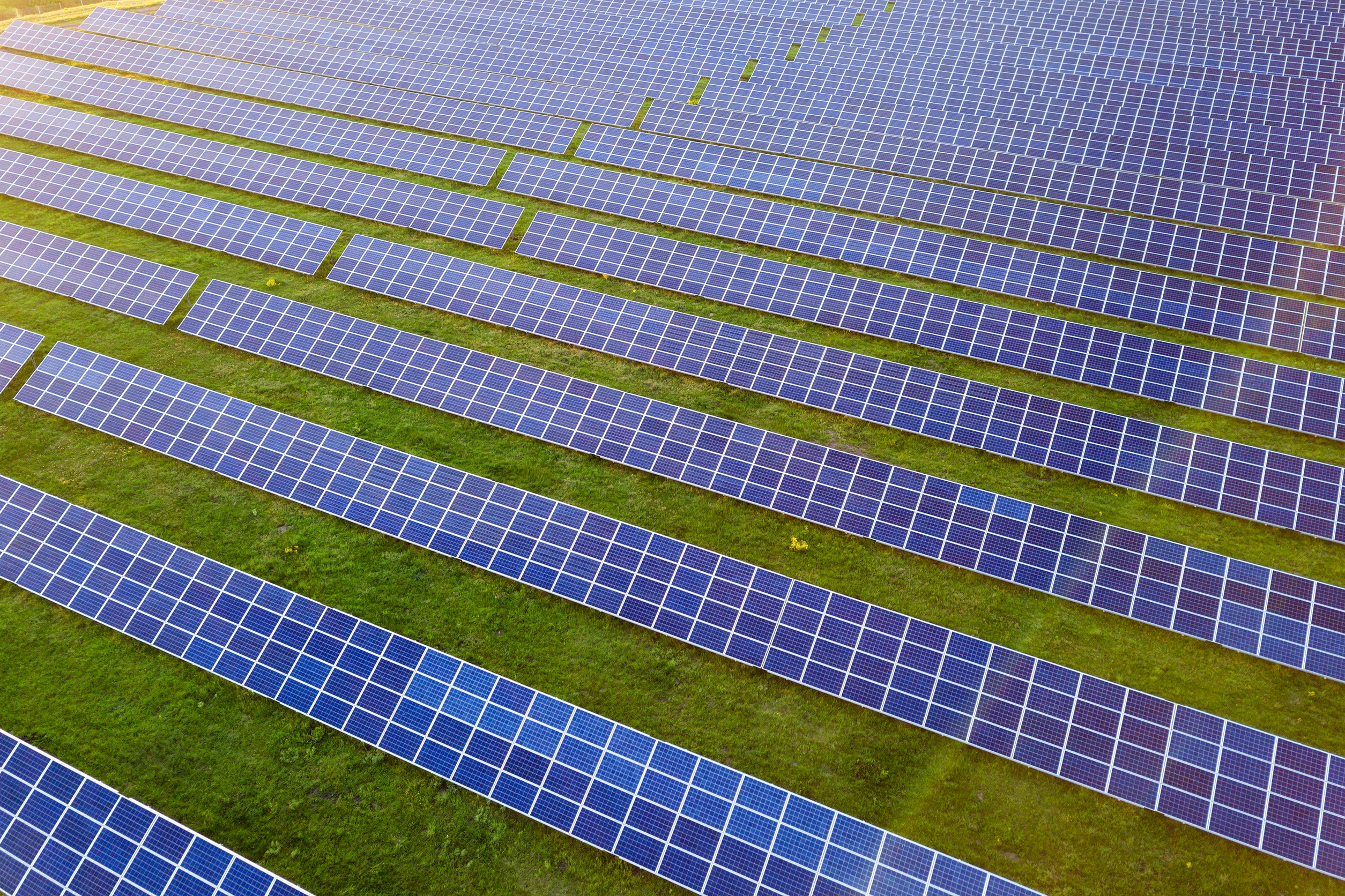The Queens Quay heat pump system extracts thermal energy from the River Clyde to deliver low-carbon, affordable heating and hot water to local residential buildings, council facilities, and businesses. Water from the river passes through specialised self-cleaning filtration systems designed to remove debris and prevent mussel colonisation before being processed through titanium heat exchangers. Thermal energy is extracted from the water, which is then returned to the river approximately three degrees cooler.
This captured energy is boosted by ammonia-based heat pumps to temperatures of between 75°C and 80°C for circulation within a 5-kilometre district heating network. One key topic discussed during the visit was how recent upgrades to heat exchangers and radiator systems in connected buildings have optimised the network temperature, significantly improving system efficiency. Attendees also learned about the impacts of climate change, with the facility reporting higher river temperatures than historically recorded-reaching up to 21°C compared to past averages of 18°C to 19°C.

Nicky Cowan, Star Renewable Energy Manager at Star Refrigeration said: "Educational visits like these offer an invaluable experience for students and industry professionals. At Queens Quay, we were able to showcase not just the engineering innovations behind the UK's largest water-source heat pump scheme, but also highlight the practical challenges and solutions involved in delivering sustainable heating on a large scale." "Engaging directly with the technology helps future engineers and industry specialists see firsthand the critical role heat pumps will play in achieving net zero heating.
It's inspiring to see students connecting theoretical learning with real world applications and understanding how their skills can directly contribute to a more sustainable future". Queens Quay represents a significant milestone for sustainable heating solutions in the UK, joining similar pioneering projects delivered in cities such as Bristol, Jarrow, and Liverpool. These successful district heating installations highlight the important role water source heat pumps will play in meeting national carbon reduction targets.
Plans are already in place to expand the network with additional heat pumps, a new thermal storage tank, and connections to hospitals and new residential developments. Nicky Cowan said, "One of the truly exciting things about this project is that, as it expands and more heat loads are connected, it will continue to become more efficient, which will lead to lower energy costs and higher carbon savings". The continued growth of the Queens Quay district heating system which is planned to occupy 23-hectares, creating 1,000 private homes, 200 rented homes and the associated infrastructure to support them, demonstrates how low-carbon, locally powered heating can be delivered at scale.
As more residents and businesses connect to the system, it serves as a practical model for communities across the country looking to support urban growth while meeting national climate goals. SOURCE Star Refrigeration MENAFN17042025003732001241ID1109439772 Legal Disclaimer: MENAFN provides the information “as is” without warranty of any kind. We do not accept any responsibility or liability for the accuracy, content, images, videos, licenses, completeness, legality, or reliability of the information contained in this article.
If you have any complaints or copyright issues related to this article, kindly contact the provider above..
Environment

Students And Industry Professionals Tour UK's Largest Water Source Heat Pump At Queens Quay

(MENAFN - PR Newswire)The award-winning project was designed and delivered by Vital Energi, with two 2.6MW ammonia-based heat pumps engineered and supplied by Star Refrigeration. The educational ...















